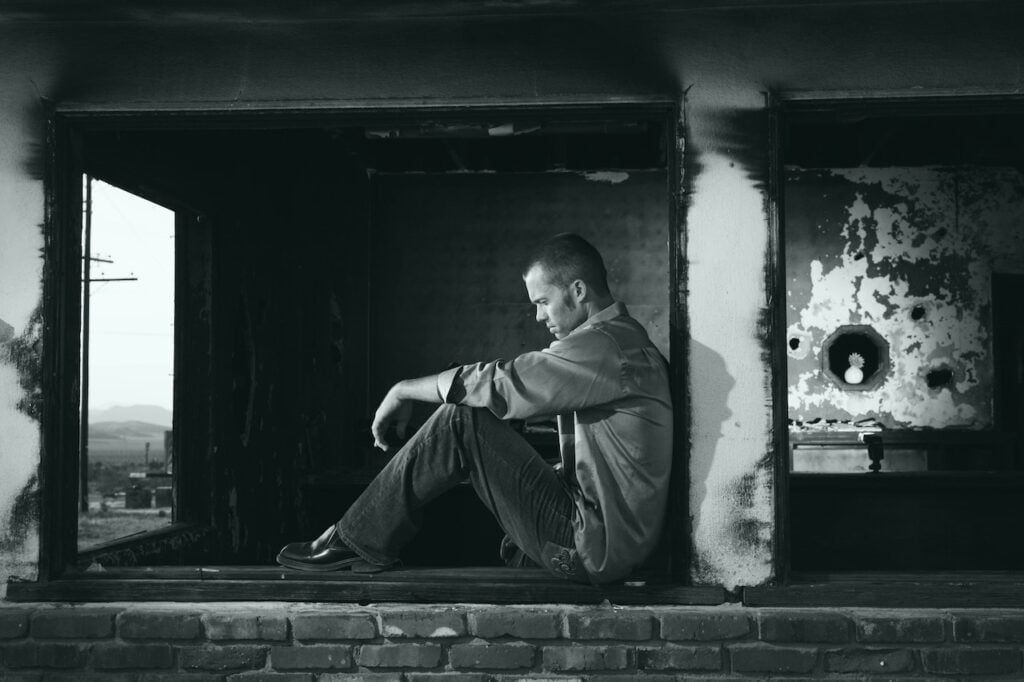It’s very frustrating for a person with an addiction to be expected to just be able to stop using drinks and drugs. The reality means it just isn’t possible. This can be hard to understand for some people, especially if they have tried the substance themselves and developed a problem.
What needs to be remembered is that each person is an individual. A person will be impacted by psychoactive substances in completely different ways. For some people, this will cause the neural pathways in the brain to change and the brain to restructure. When this happens, an addiction has set in deeply.
The idea of this might seem intimidating to many. The thought of changing something that seems so permanent and unchangeable might feel impossible. The truth, though, is that, like other illnesses, addiction can end in a place of recovery and abstinence. People can become sober and that’s exactly what people are doing throughout Britain.
In Workington, people are choosing to enter rehabilitation treatment programmes every day.
With support from OK Rehab by calling 0800 326 5559, this is made much easier. Our team of call handlers is ready to provide you with all the guidance and support you need at this monumental moment.
What happens if you take psychoactive substances for a long period?

Before considering the effects of long-term use, it’s important to think about what long-term means. Every person is made a little differently. As such some people will be more quickly affected than others. What’s true for all, though, is that it’s only a matter of time before a person’s mental and physical health begins to deteriorate.
The reason damage to the mind and body is inevitable is that psychoactive substances are toxic. With ongoing and prolonged use, the body is unable to eliminate them quickly enough and they begin to build up in the organs and secrete into the bloodstream. It’s not long before the whole person is affected.
This for many might present as a feeling of general unwellness for a very long time before something serious is diagnosed.
Substances have the following effects on the body:
- Causing chronic illnesses of the organs.
- Causing diseases and dementia.
- Creating and exacerbating serious mental health problems.
- The cardiovascular, respiratory, neurological, and hormonal systems all become unbalanced.
- Conditions leading to death.
What types of rehabilitation treatment programmes are there in Workington?

There are a variety of treatment programmes available to you in the Workington area. Firstly, there are two types of services, privately funded and NHS-funded. The latter is strained under budget cuts and the large numbers of people who need support. Private rehab clinics offer the highest quality of care in the UK and more options in terms of recovery treatments.
What service are you suited to?
The type of service you’re suited to will depend on your circumstances. A conversation with OK Rehab can clear this up for you. We can explain all your options locally as well as further afield.
To understand what type of service you’ll need, we consider the following factors:
- Your personality and treatment goals.
- The severity of your addiction and related health concerns.
- Your budget availability.
- Your responsibilities at home and work.
- Which location would be most suitable?
- What clinics treat your needs most effectively?
What happens when you stay as a resident at a private clinic?

On arrival at a private clinic, the first day is focused on settling you in as well as having a psychiatric assessment. This is nothing to worry about; it’s just a series of questions to provide the staff with an insight into your addiction, life, and goals. The assessment is what guides the rehabilitation programme you’ll receive. This is why you must be as honest as possible. This supports you in getting more suitable treatment and the highest chances of recovery.
After this, you’ll begin a detox stage. This lasts a different amount of time for each person according to what substance they’re addicted to, how deeply, and any other associating factors that might make it longer to eliminate.
1. Detoxes can last up to ten days. For people who have dependencies on substances such as opioids, alcohol, and benzodiazepines, some medications can ease the withdrawal effects. An on-site doctor will oversee the person and prescribe where necessary.
2. Psychological therapies begin after the detox. These usually include cognitive behavioural therapy, dialectical behavioural therapy, and motivational interviewing. You might receive one or all three. It depends on your requirements. These talking therapies have been proven in research throughout the world to support people in quitting drugs and alcohol most effectively.
Psychotherapies and motivational interviewing tackle the triggers of addiction and support a person to build self-belief and confidence. Both are essential to your long-term healing.
Along with this, you’ll have access to daily alternative therapies. Many people find that this is a space where they’re able to begin to feel inner solitude and true relaxation. It’s highly impactful as this can provide an inner environment that people can return to time and time again into the future.
3. Group work is also essential (as well as one-to-one input) because social connection is a highly important tool in recovery. People who recover and can maintain sobriety most commonly have a solid network of positive human connections around them. Both 12-step structured groups, as well as SMART groups, are provided.
What do you need to do to get into rehab in Workington?

There are many options in the Workington area. You can call the OK Rehab team now on 0800 326 5559 to find out what they are. You can also ask us about rehab programmes in other areas. If, after finding out about treatments, you want to be admitted for a stay at a clinic, our advisors can secure you a place at the ideal centre and handle your referral.
Whether you need light guidance or a more involved type of support to access rehab, our team is here to support you.





